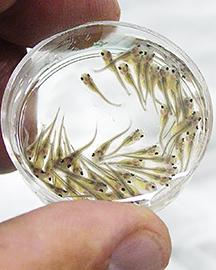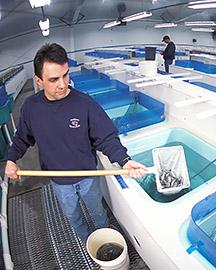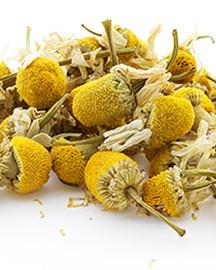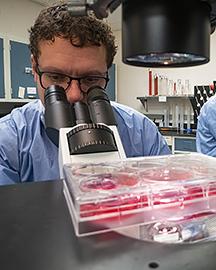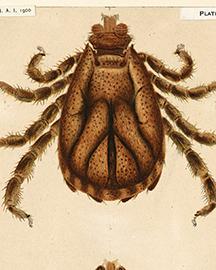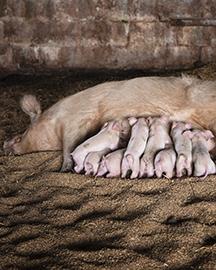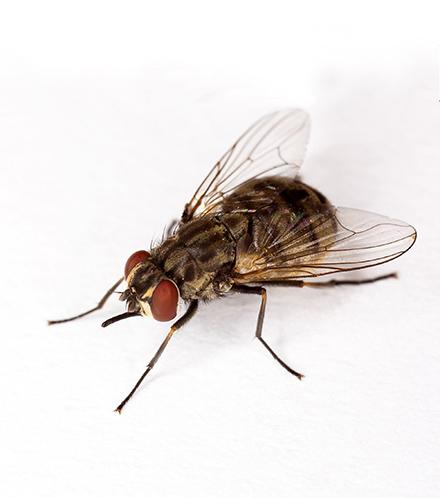
Artificial Sweeteners Offer an Alternative Tool For Fly Control
Artificial sweeteners xylitol and erythritol are safe for human consumption, but were found to be toxic to several species of adult flies. Researchers at the ARS Center for Medical, Agricultural, and Veterinary Entomology in Gainesville, FL, and a colleague at Northern Illinois University evaluated the effect of these sweeteners on larvae of house flies and stable flies. Larvae of both species were more sensitive to erythritol than xylitol, and stable flies were more sensitive than house flies. Adult flies readily laid eggs on both types.
These sweeteners appear to have potential as an inexpensive way to control flies without using conventional insecticides. Use of sugar alcohols in this manner would leave no toxic residues in the environment and is compatible with natural enemies of the flies.




